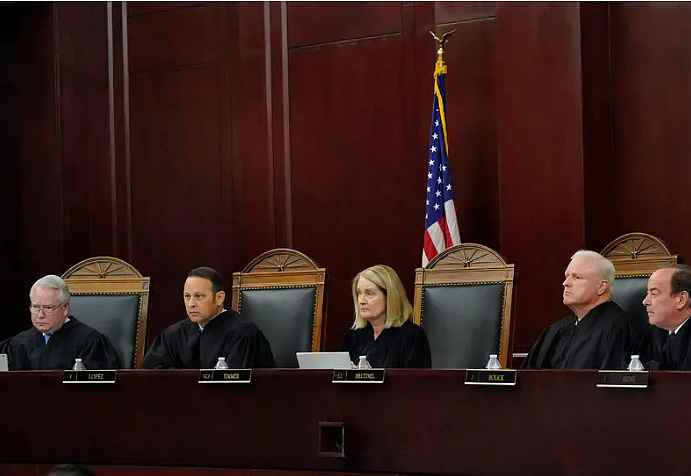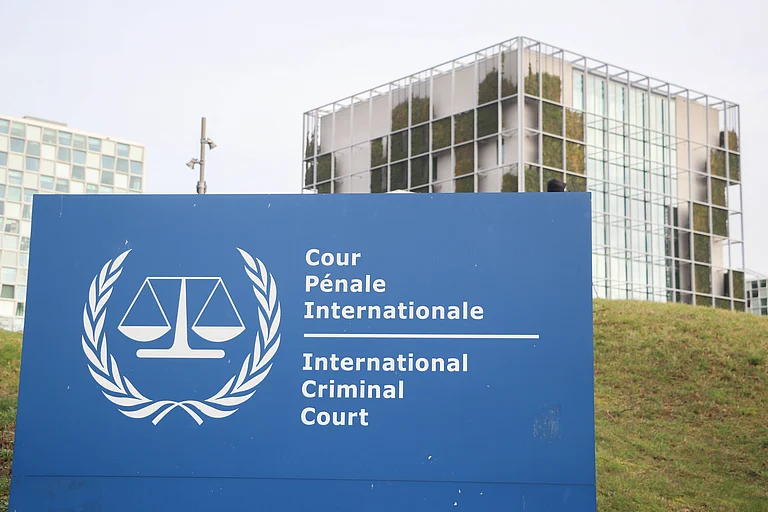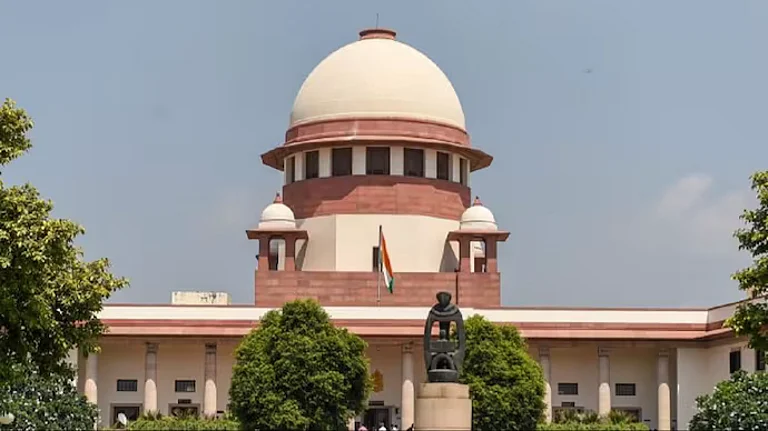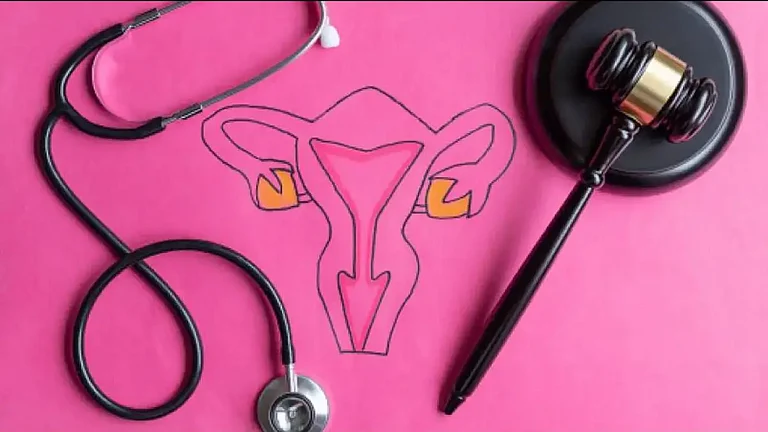On Tuesday, Arizona's highest court upheld a law from 1864 that effectively prohibits almost all abortions. The 4-2 decision has significant implications for women's healthcare and the political landscape in a crucial battleground state. While the court deemed the law "now enforceable", it has put the ruling on hold and referred the matter back to a lower court for further examination of the law's constitutionality. With the overturning of Roe v. Wade, the Arizona Supreme Court argued that there are no existing federal or state laws preventing the enforcement of the near-total abortion ban, which had remained inactive for decades.
Consequently, this decision might lead to abortion clinics in Arizona ceasing their services, prompting women to seek the procedure in neighboring states such as California, New Mexico, or Colorado. Uptil now, abortions had been legally permissible in Arizona up to 15 weeks of pregnancy.
What is the Arizona Abortion Law 1864?
The Arizona abortion law of 1864 criminalizes abortion, making it a felony punishable by two to five years in prison for those involved in performing or aiding a woman in obtaining one. This law, reaffirmed in 1901 and 1913, includes an exception permitting abortion only if necessary to save the woman's life. The law was established long before Arizona became a state. Notably, it does not include exceptions for instances of rape or incest.
The court's decision was a significant setback for advocates of abortion rights, who argue that it poses a serious threat to women's health.
Attorney General Kris Mayes, a Democrat, condemned the ruling, describing it as "unconscionable" and an attack on freedom. She warned that the court's decision endangers the health and lives of Arizonans, labeling it a regrettable step backward in the state's history.
“The Court has risked the health and lives of Arizonans,” she stated in a statement. “Today’s decision to reimpose a law from a time when Arizona wasn’t a state, the Civil War was raging, and women couldn’t even vote will go down in history as a stain on our state."
Mayes also indicated her reluctance to pursue prosecutions against doctors under the reinstated ban, asserting that "as long as I am Attorney General, no woman or doctor will be prosecuted under this draconian law in this state."
Even some Republicans expressed reservations about the reinstatement of the near-total ban, advocating instead for the retention of the state's 15-week abortion ban implemented in 2022 under the previous Republican governor, Doug Ducey.
The implications for Arizona could be profound, especially following recent remarks by former President Donald J. Trump advocating for states to determine abortion rights.
Democrats, who successfully utilized abortion as a focal point in their campaigns for governor and attorney general during the midterm elections two years ago, criticized the court's decision. They asserted that it would energize their base to mobilize efforts towards establishing a state constitutional right to abortion through a ballot initiative in the upcoming November elections.
History of the Arizona Abortion Law 1864
For close to two years, advocates and adversaries of abortion rights in Arizona have been engaged in legal battles to determine the enforceability of the 1864 law. The question at hand was whether this law remained valid or if it had been rendered ineffectual by subsequent decades of state legislation that regulated and limited abortion without banning it entirely.
The 1864 ban had remained dormant for many years, alongside several other comprehensive state laws restricting abortion, which remained inactive while Roe v. Wade was upheld. However, after the overturning of Roe, these laws became central to heated political and legal debates.
In Wisconsin, abortions were predominantly halted due to an 1849 ban; however, they resumed in September following a judge's ruling that clarified the law did not outlaw abortions. In Michigan, Governor Gretchen Whitmer, a Democrat, repealed a 1931 abortion ban last spring after voters incorporated abortion rights protections into the state constitution.
What is Roe V Wade in simple terms?
To understand the role that Roe V Wade plays in the case of the Arizona abortion ruling, it is important to know about Roe V Wade and its subsequent overturning after years.
In Dobbs v. Jackson Women’s Health Organization (2022), the Supreme Court overturned Roe v. Wade (1973), thereby removing the federal constitutional protection for abortion rights. This decision shifted the authority to regulate abortion to the states, where some have independently protected abortion rights through their own constitutions or legislation, while others have implemented restrictions or outright bans on abortion.

































